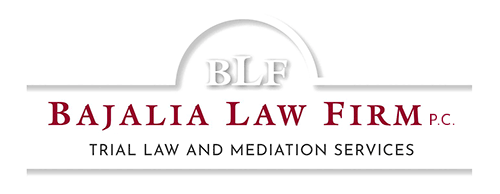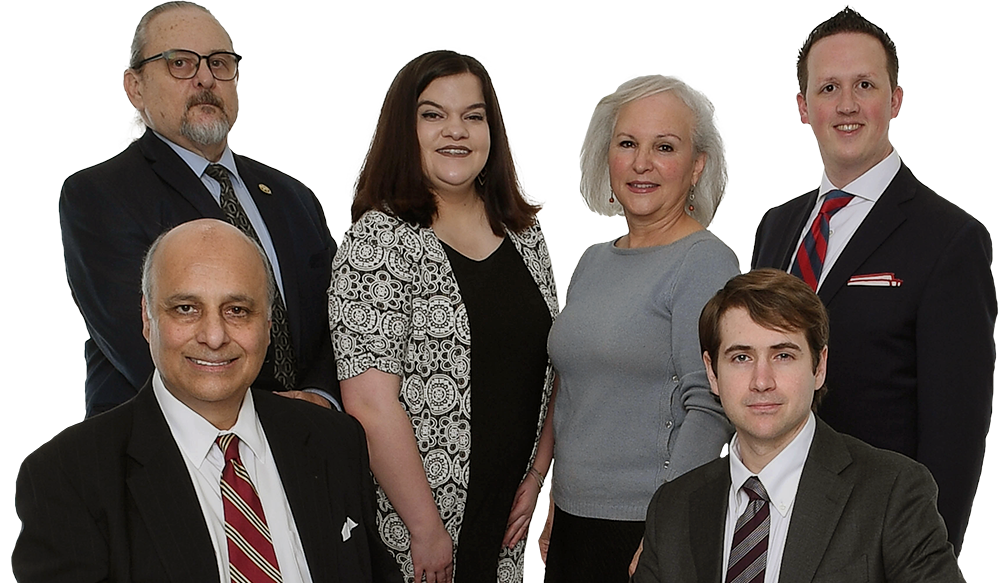Helping You Obtain Compensation For Hazardous Property Conditions
It is common for an individual to get hurt and suffer injuries on someone else’s property. Children can get hurt at the neighbor’s house or people can slip and fall in restaurants and stores. In these cases, if the property owner was negligent, the property owner may be at fault for the injury, and you may be entitled to receive compensation from them.
The property owner owes a duty to visitors on the property, depending on the legal status of the visitor. In Georgia, there are three categories of visitors: invitees, licensees and trespassers.
An invitee is a person that was invited onto the property by the owner for the benefit of the property owner. A customer shopping in a store is considered an invitee of the business owner. In this case, the property owner has a legal duty to reasonably inspect the property and either fix or warn the invitee of dangers on the property.
A licensee is a person that was not invited onto the property for the benefit of the property owner, but is tolerated by the property owner. An example of a licensee is a social guest. The property owner may be liable to the licensee for willful injuries, or for a failure to warn the licensee of known dangers on the property.
A trespasser is a person who was not invited onto the property, and is not tolerated by the property owner. Due to their status as a trespasser, the property owner owes the least legal duty to them. However, the property owner must still take reasonable steps to prevent trespassers from being injured by attractive nuisances. An example of an attractive nuisance is a swimming pool on the property.
Common Types of Premises Liability
Slips and falls are a common premises liability lawsuit. Slips and falls can happen because of poorly maintained property, steep stairs, spills, etc.
Inadequate security may be a basis for premises liability. Owners of shopping centers, restaurants, hotels, parking lots, and other properties of this nature may be liable for customers who are sexually assaulted, robbed, or otherwise victimized as a result of inadequate security.
Landlord negligence may also be a basis for premises liability. Landlords owe a special duty to their tenants, and if a landlord violates a building code or fire safety code, he or she may be liable for the injuries that result from his or her negligence.
Swimming pool accidents are another common type of premises liability. Pool accident injuries and drowning cases may be the result of inadequate signage and fencing around the pool, lack of flotation devices, poor water clarity, or improper safety precautions. You may be entitled to recover from the pool owner if you suffered injuries as a result of the pool owner’s negligence.

